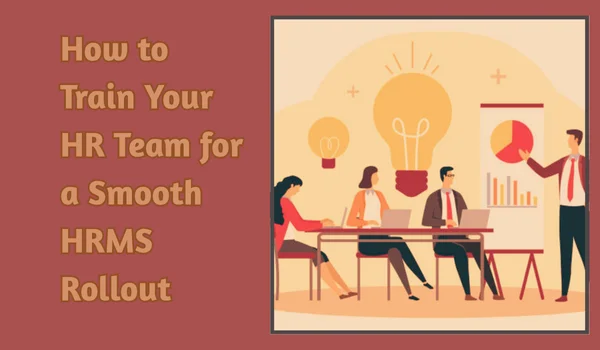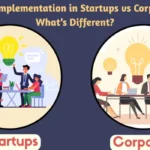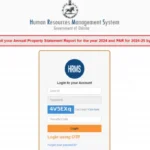Implementing a Human Resource Management System (HRMS) is a major step toward digital transformation for any organization, especially for small and medium enterprises (SMEs). However, the success of the HRMS doesn’t just depend on the technology itself — it largely relies on how well the HR team is trained to use it. A smooth HRMS rollout can streamline HR operations, reduce errors, and boost employee satisfaction, but only if your HR team is fully prepared and confident in using the system.
In this guide, we’ll walk you through a practical, step-by-step approach to training your HR team for a successful HRMS rollout.
✅ 1. Understand the Scope of the HRMS

Before jumping into training, ensure your HR team clearly understands what the HRMS will cover:
- Payroll and statutory compliance
- Leave and attendance tracking
- Recruitment and onboarding
- Employee records management
- Appraisals and performance reviews
- Self-service features for employees
This overview helps HR professionals visualize how their daily tasks will change and prepares them mentally for the transition.
✅ 2. Select Internal HR Champions
Identify key HR personnel who will act as “HRMS champions” within your organization. These should be individuals who are:
- Comfortable with technology
- Willing to learn quickly
- Good at explaining systems to others
These champions will receive in-depth training from the vendor and serve as go-to people for other HR staff and managers.
✅ 3. Arrange Role-Based Training
Not every HR team member needs to learn every feature. Break training into role-specific sessions:
- Payroll admins focus on salary structures, tax deductions, PF/ESI, and payslip generation
- Recruiters learn applicant tracking, resume parsing, and onboarding workflows
- HR managers focus on employee records, performance modules, and analytics
- Support staff learn basic functions like updating data, managing leaves, etc.
This focused approach prevents overwhelm and ensures each person masters what’s most relevant to their role.
✅ 4. Use a Mix of Training Formats
People learn in different ways. Combine multiple training formats for better knowledge retention:
- Live vendor-led webinars or workshops for real-time learning
- Pre-recorded videos for on-demand access
- PDF or slide-based manuals for reference
- Mock dashboards or sandboxes for hands-on practice without affecting live data
Encourage HR team members to practice tasks in a test environment until they’re confident.
✅ 5. Train for Troubleshooting and Support
It’s crucial to train your HR team not just on using the system, but also on troubleshooting common issues, such as:
- Login problems
- Data mismatches
- Biometric sync delays
- Payroll errors
Teach them how to raise support tickets, access help centers, or contact vendor support efficiently. A team that can troubleshoot basic issues will reduce downtime and dependency.
✅ 6. Focus on Data Security and Compliance
Data privacy is a major concern in digital HR systems. Educate your HR staff on:
- Keeping employee data confidential
- Assigning user roles and access levels
- Using secure logins and password hygiene
- Understanding legal implications of data misuse
A well-trained HR team ensures compliance with Indian labor laws, GDPR (if applicable), and internal company policies.
✅ 7. Encourage Ongoing Learning and Feedback
HRMS software evolves with time, and so should your HR team’s skills.
- Encourage continuous learning as new features roll out
- Schedule periodic refresher training sessions
- Maintain an internal knowledge base or FAQ
- Ask for feedback after training and during the initial usage phase to improve processes
Ongoing support helps your team adapt better and makes your HRMS investment more sustainable.
✅ 8. Celebrate Small Wins
Finally, as your HR team starts using the HRMS successfully — whether it’s processing the first error-free payroll or implementing leave automation — acknowledge their efforts. Positive reinforcement encourages adoption and reduces resistance to change.
Conclusion
Training your HR team for an HRMS rollout is not just a task — it’s a strategic necessity. With the right approach, tools, and continuous support, your HR staff can become champions of digital transformation. A well-trained HR team will not only ensure a smoother rollout but also maximize the ROI from your HRMS investment by reducing errors, saving time, and improving employee experience.

Hi, I am Kapil Kumar, founder and chief editor of indiasvibes.com, a platform delivering the latest updates on business, finance, entertainment, and sports. With a passion for insightful storytelling, I am and my team ensures our readers receive accurate and engaging content.

